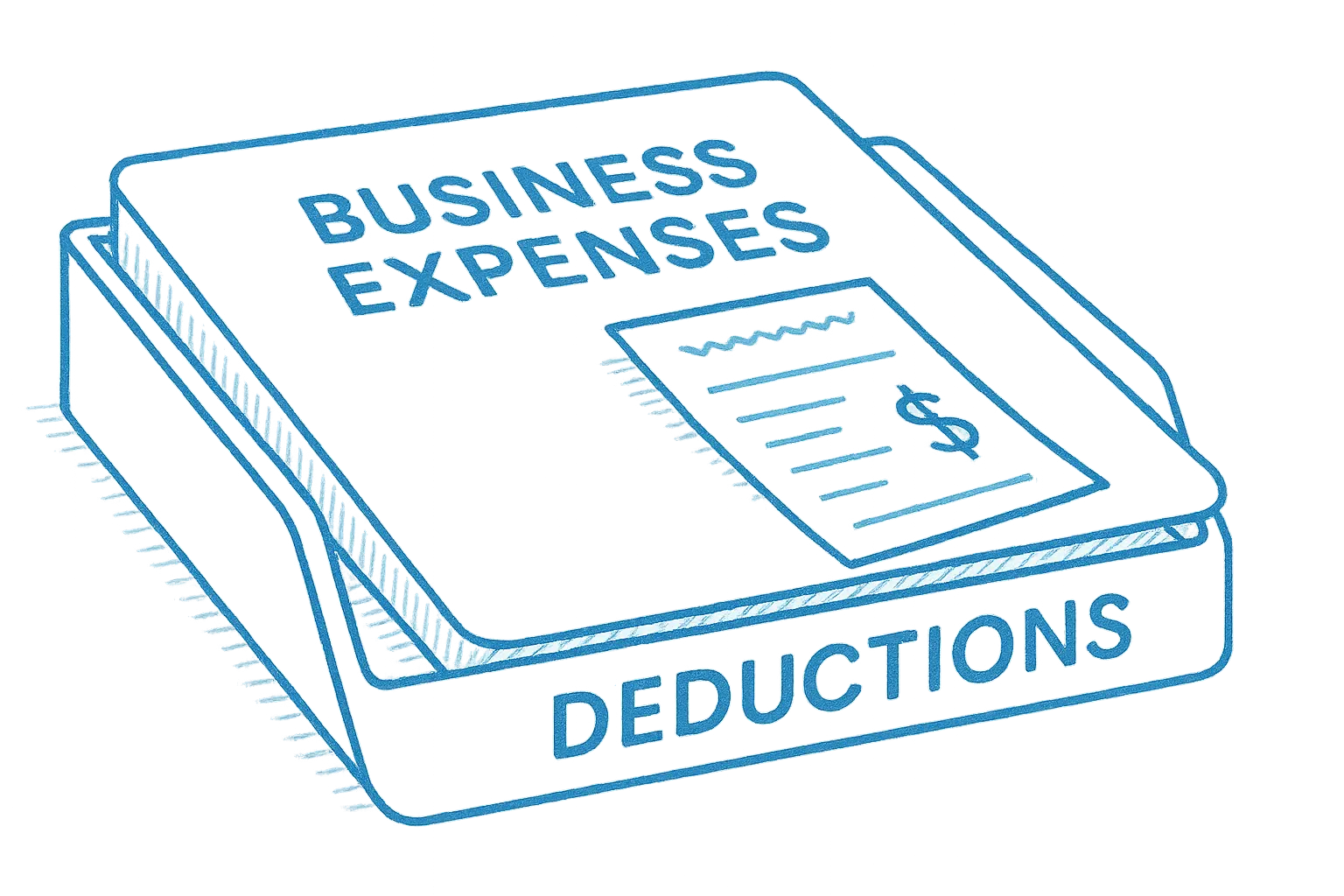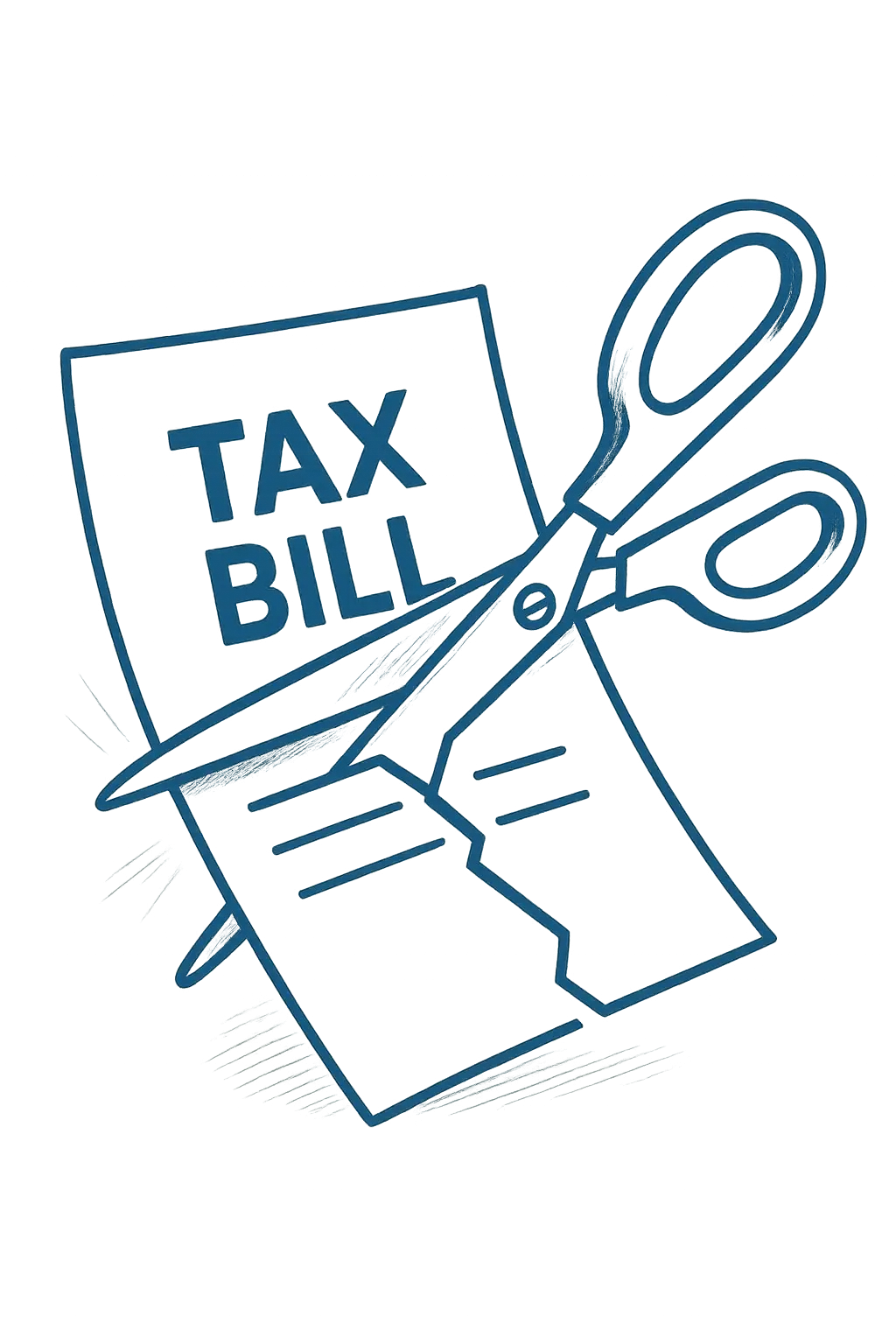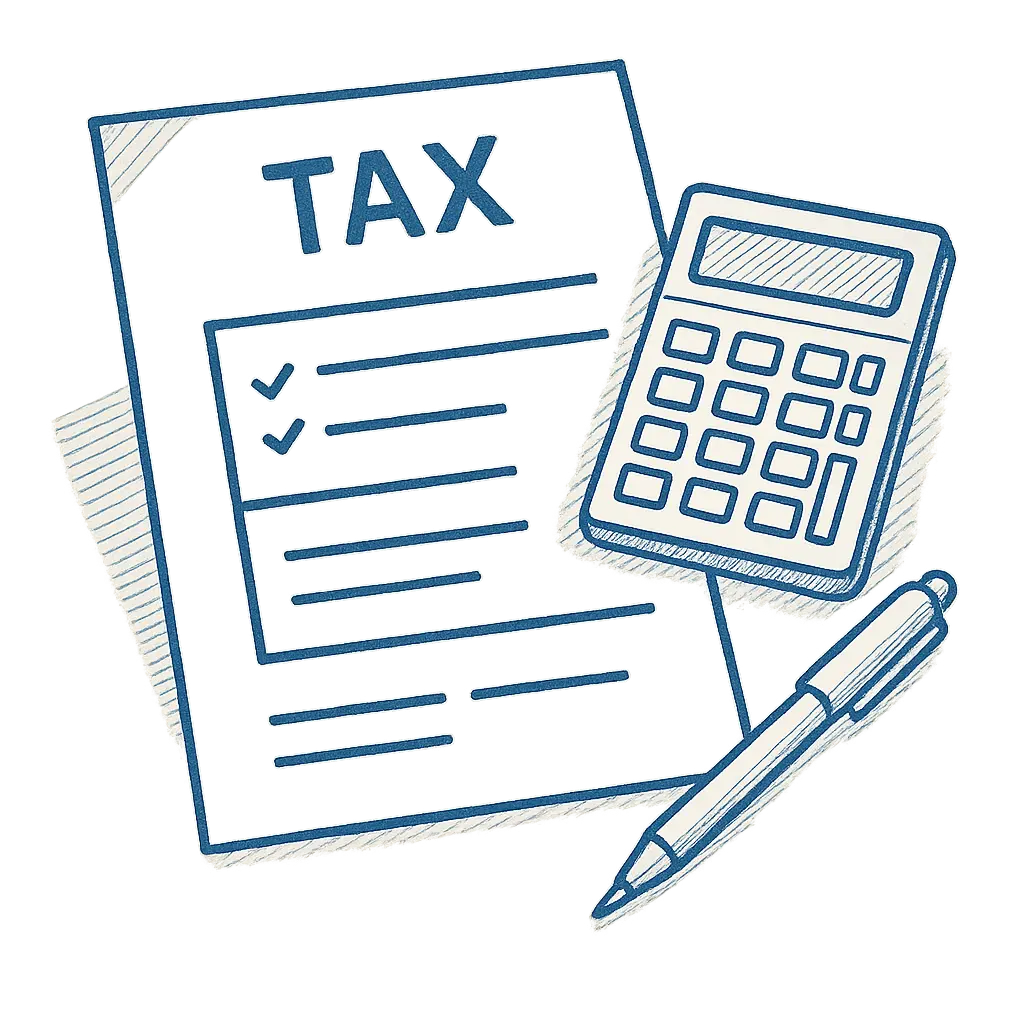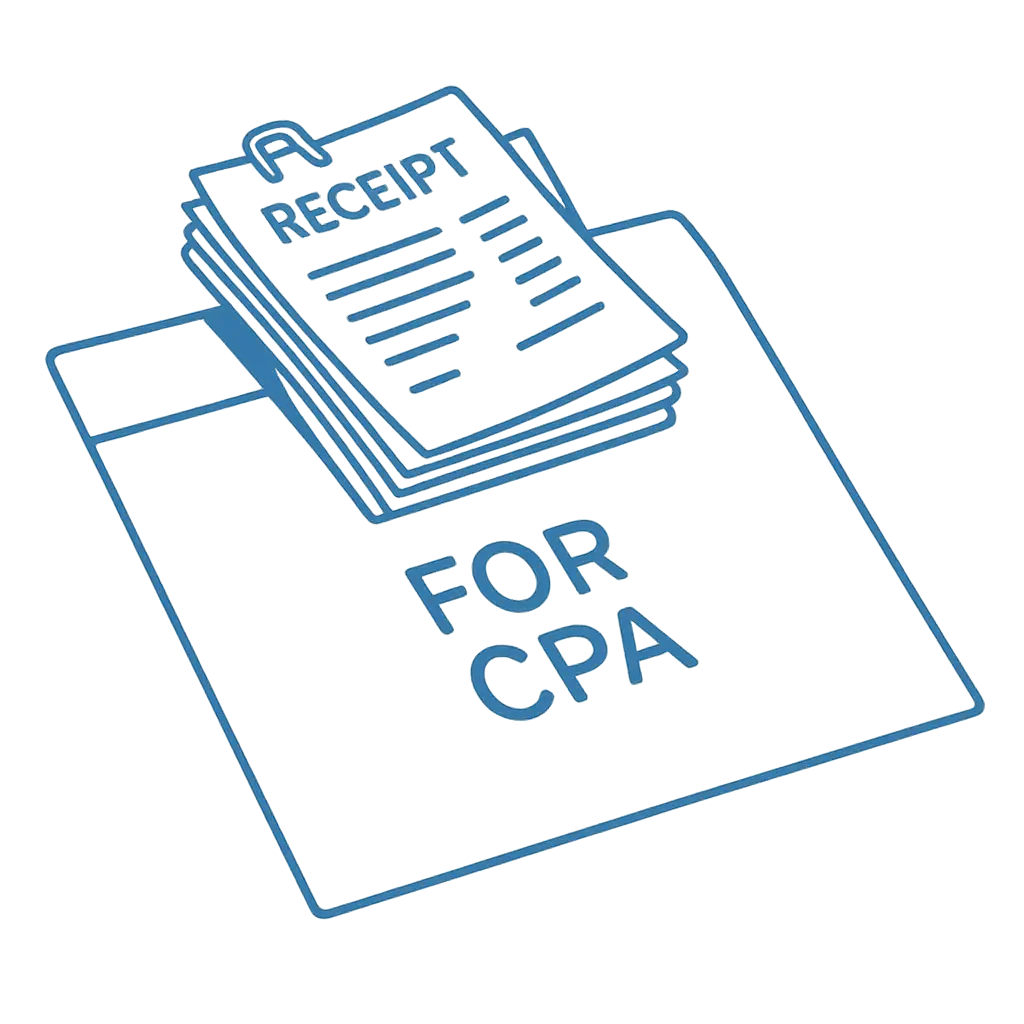Know what you can write off and how it affects your bottom line.
Most business owners don’t realize just how much loan interest or expense can help at tax time. If you’ve taken out a loan to cover business expenses like payroll, inventory, or marketing, the interest you pay is often tax-deductible. It reduces your taxable income and softens the actual cost of borrowing.
This is true across most loan types including working capital, lines of credit, term loans, revenue advances, and factoring. And it doesn’t matter where the funds came from. Whetherit’s a bank, a private lender, or a fintech platform like ours, what matters is how you use the money. If it’s used for your business, then the interest is generally deductible. Simple as that.

One of the most common misconceptions we hear is: “My whole loan payment is tax-deductible, right?” Not quite.
Only the interest portion is considered a business expense. The principal — the amount you originally borrowed — is not deductible. That’s because you’re just paying back money you received, not spending new money.
It’s an important distinction. And if you don’t catch it, you could end up overestimating your deductions. Interest is an expense. Principal is a repayment. That’s how the IRS sees it.

Here’s where some business owners get tripped up. If you take out a loan under your business’s name and use that money for personal expenses, then the interest tied to that use isn’t deductible.
For example, if you bought a car for personal use or covered your home mortgage, then that portion of the interest won’t qualify.
QuicLoans always recommends keeping loan proceeds in your business account and keeping receipts or digital records showing how the funds were spent. We will only ever fund into your business checking account. But if you ever get asked, you’ll want a clear paper trail.

Not every loan is meant for short-term needs. Maybe you used funding to buy a delivery van or upgrade your commercial kitchen. Maybe you refinanced a previous loan. In those cases, the rules shift a bit, but not by much.
The interest is usually still deductible. But the asset itself isn’t. You can’t write off the full cost of a large machine all at once. Instead, the IRS wants you to depreciate that asset over time.
Same goes for refinanced loans. The new interest is typically deductible, as long as the money is still being used for the business. As always, clean records are your best defense.

Want to know the number one reason businesses lose out on deductions? Bad records.
You don’t need any complicated forensic accounting — just the basics. Know how much of each payment is interest versus principal. Even though we’ll always be here to assist, save your funding documents. Keep digital receipts or a simple spreadsheet showing what the loan paid for.
Using accounting software or working with a bookkeeper is always best. But at the very least, stay organized. If the IRS ever comes knocking, these things matter.

Let’s be clear: we don’t give tax advice. This page isn’t meant to replace your accountant. But we do understand how funding impacts your numbers.
We’ve worked with thousands of business owners, and we’ve seen what happens when financing is clean, trackable, and smart. Interest deductions aren’t just a bonus; they’re a strategic way to reduce your cost of capital when used right.
Your accountant can walk you through the specifics. But if you want funding that’s fast, fair, and easy to track, we’re here when you’re ready.

In Business
To SMB's
Funded across the U.S.
Find out in 30 seconds. No credit check required.
Answers about speed, requirements, and how funding really works.
Yes, in most cases. When the loan is used strictly for business purposes, the interest is generally considered a legitimate business expense and can be deducted from your taxable income. It’s best to check with your accountant to be sure.
You can only deduct the interest portion of your loan payments. The principal — meaning the amount you originally borrowed — is not considered a business expense and is not tax-deductible.
Any portion of the loan used for personal expenses will make the related interest non-deductible. Only the interest tied to legitimate business use qualifies for a deduction, so it’s important to keep business and personal spending clearly separated.
Yes, the interest is typically deductible. However, the equipment itself must be depreciated over time and cannot be written off in full during the year of purchase. Your accountant can help you navigate the depreciation rules.
Refinancing usually doesn’t change the deductibility of interest, as long as the new loan is also used for business purposes. Be sure to keep updated records to show how the refinanced funds are being used.
Solve the problems you're facing.
Understand what “Funding in hours” really means, and how we move fast without the sacrifices.
Learn more →We’ve approved thousands of apps from people just like you. See what we can, and cannot, do.
Learn more →Worried about putting your home or business assets at risk? Nothing to worry about.
Learn more →